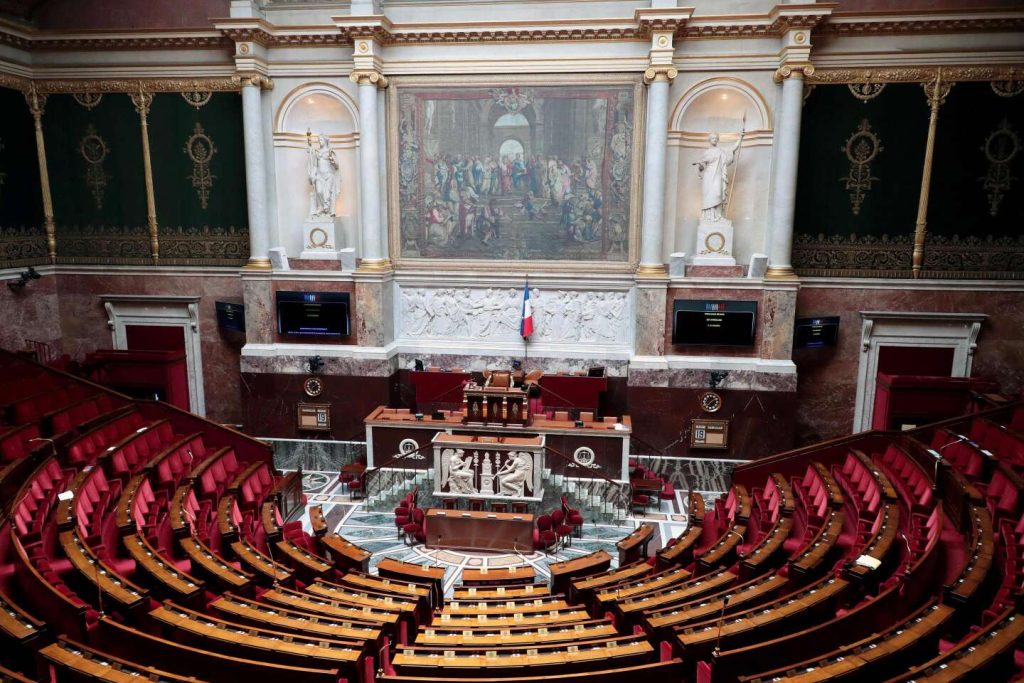In the history of dissolutions that have marked the Fifth Republic of France, two dates stand out: the first, in 1962, was a success for the executive branch as the presidential-parliamentary regime was still finding its way. General de Gaulle’s decision to send voters back to the polls after the National Assembly rejected a constitutional revision project to elect the president by direct universal suffrage boosted the Gaullist party, strengthened Prime Minister Georges Pompidou, and established a majority that guaranteed regime stability for decades. The second dissolution, in 1997 by Jacques Chirac, weakened the Elysée and enhanced parliamentary play by favoring the emergence of a left-wing coalition led by Lionel Jospin, which governed the country for four years.
The latest dissolution, announced by Emmanuel Macron on Sunday, June 9th, comes at a time of fragility for two key players in the democratic game. The President, reelected in 2022 but immediately deprived of an absolute majority, faces strong animosity. The National Assembly, which could have benefited from his weakening, has been unable to rationalize its game for the past two years due to the rise of extremist parties and the weakening of the party system. Apart from the strong performance of the National Rally, all political parties are fragmented (The Republicans), vulnerable (Renaissance, Europe Ecologie-Les Verts), or in fierce rivalry (La France insoumise and the Socialist Party).
The collapse of the republican front that had kept the far-right party at bay since 2002 is both a result and a symptom of this situation. Despite the Rassemblement National being in good shape, other parties are struggling, contributing to a shift in the political landscape. The decision by Macron to dissolve the National Assembly has raised eyebrows, as historically, elections to the European Parliament have served as a protest vote against the government in power without causing major upheaval. However, the recent results hint at a potential shift in the political climate.
In 2014, faced with a similar situation, François Hollande chose to maintain the status quo rather than risk destabilizing his government further. Macron’s decision to dissolve the National Assembly has been met with skepticism and seen as a sign of the end of his political ideology, with opposition leaders already preparing for a potential change in power. The events leading up to the dissolution and the changing dynamics within the French political landscape have left many questioning the future direction of the country. The dissolution of the National Assembly represents a significant shift in French politics, with potential far-reaching consequences for the future of the Fifth Republic.


